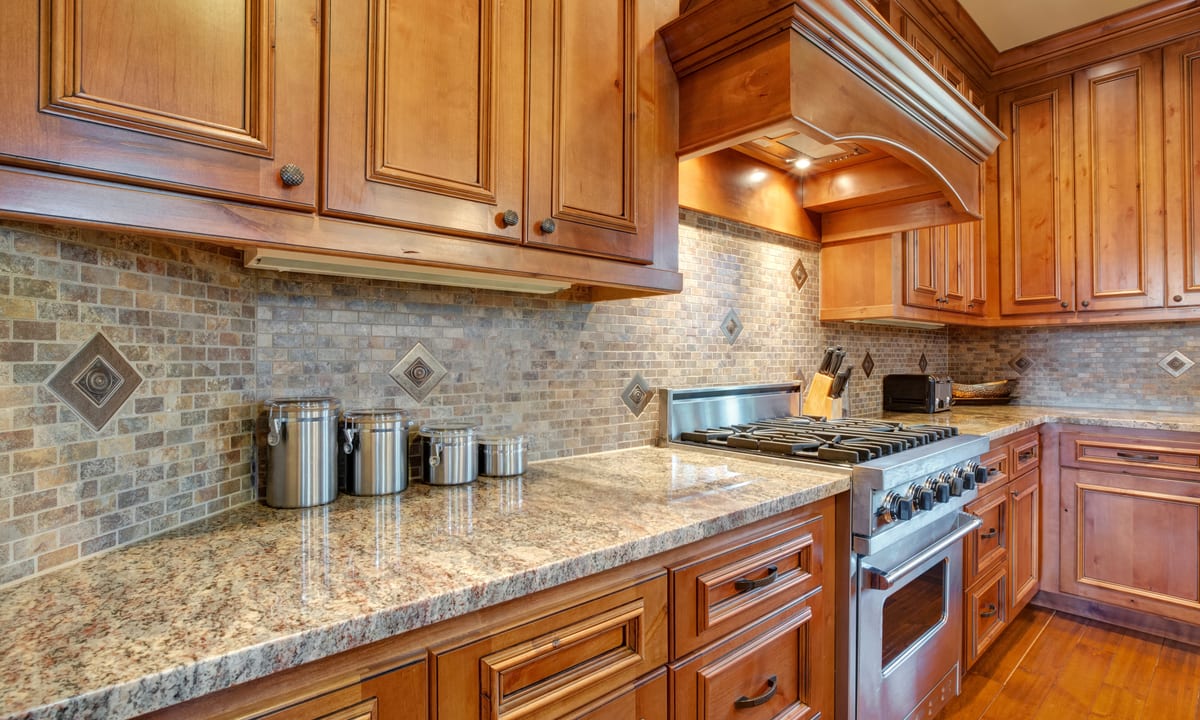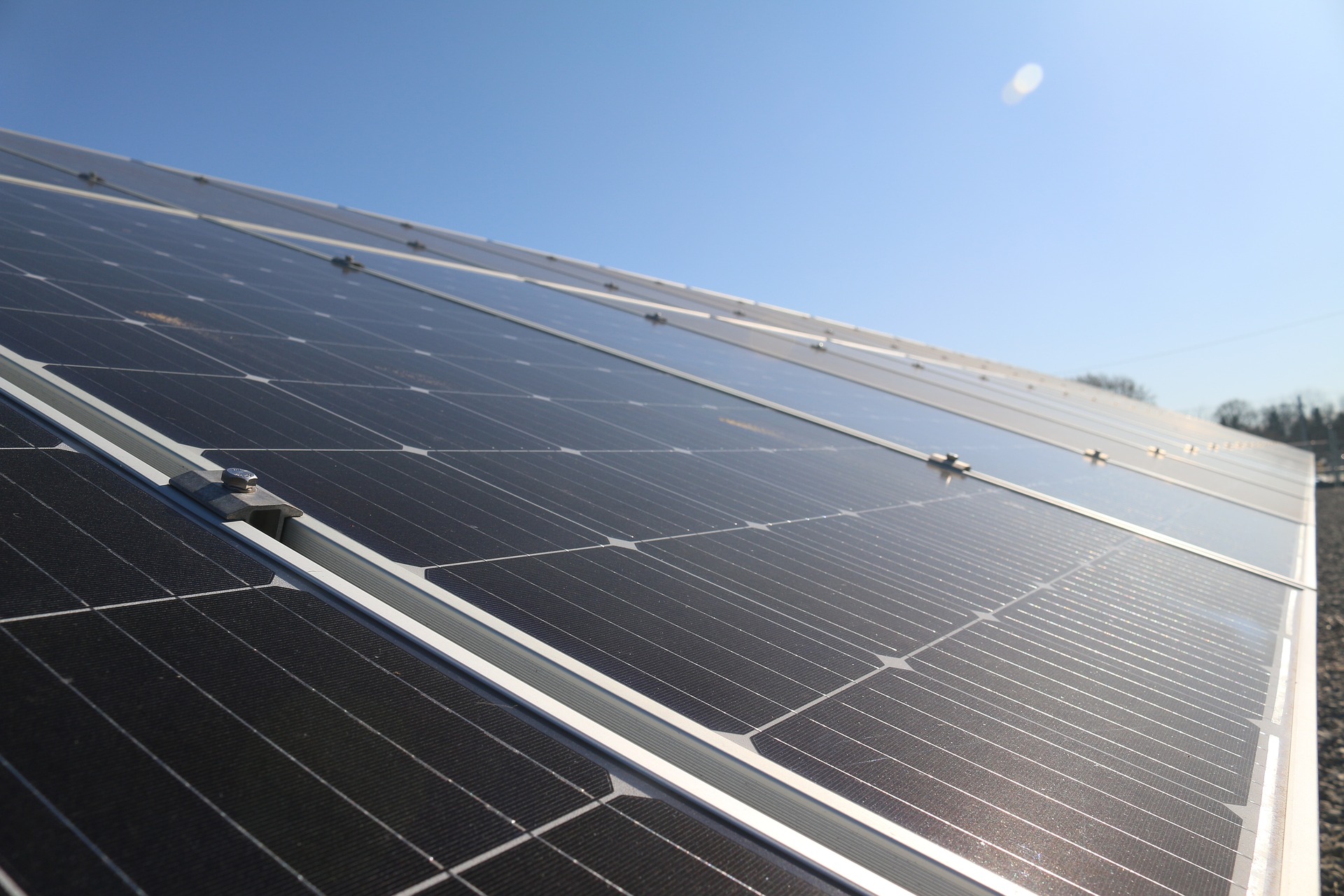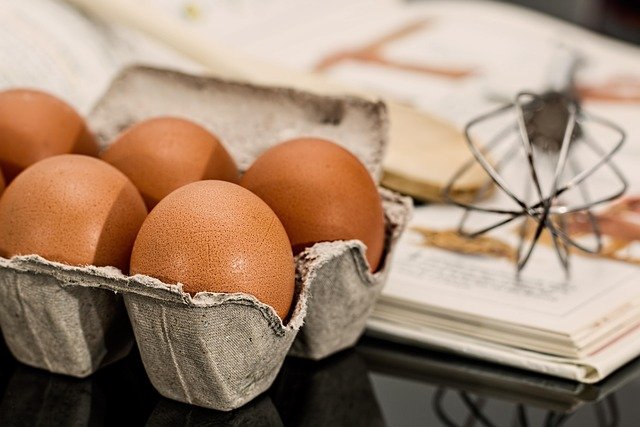Modern Kitchen Inspiration: Ideas for the Future
The kitchen of tomorrow blends cutting-edge technology with sustainable design, creating spaces that are both functional and environmentally conscious. From smart appliances that anticipate your needs to innovative materials that reduce environmental impact, future kitchens are evolving to meet changing lifestyles and values while maintaining timeless elegance and practicality.

The kitchen has always been the heart of the home, but as we look toward 2025 and beyond, this essential space is undergoing a remarkable transformation. Modern kitchen design is increasingly focused on creating environments that seamlessly blend technology, sustainability, and personalized functionality. Whether you’re planning a complete renovation or simply seeking inspiration for future updates, understanding emerging trends and innovations can help you create a kitchen that will remain relevant and efficient for years to come.
Smart Technology Integration in Modern Kitchens
The future of kitchen design is undeniably digital. Smart appliances are becoming standard features in modern kitchens, offering unprecedented convenience and efficiency. Refrigerators that track inventory and suggest recipes based on available ingredients, ovens that can be preheated remotely via smartphone apps, and voice-activated faucets that dispense precise amounts of water are just the beginning.
By 2025, experts predict we’ll see even more integration between kitchen appliances and home automation systems. Imagine countertops that wirelessly charge devices while displaying recipes, or cabinets with built-in UV sanitization for utensils and cutting boards. These technologies aren’t just novelties—they’re designed to make cooking more efficient and enjoyable while reducing waste and energy consumption.
The Internet of Things (IoT) is also transforming how we interact with our kitchens. Connected appliances can now communicate with each other, allowing for synchronized cooking processes and optimized energy usage. This interconnectedness will only grow more sophisticated, creating kitchens that learn from your habits and adapt to your lifestyle.
Sustainable Materials and Eco-Friendly Design Choices
As environmental consciousness continues to grow, sustainable kitchen design has moved from niche to necessity. Future-focused kitchens are incorporating recycled and renewable materials that reduce environmental impact without sacrificing style or durability.
Reclaimed wood cabinetry, countertops made from recycled glass or paper composite, and flooring crafted from sustainable bamboo or cork are becoming increasingly popular options. These materials not only minimize environmental footprint but often bring unique character and warmth to kitchen spaces.
Water and energy efficiency are also central to forward-thinking kitchen design. Low-flow faucets, energy-efficient lighting, and appliances with advanced power-saving modes help reduce resource consumption. Some innovative designs are even incorporating water recycling systems that capture and filter sink water for reuse in dishwashers or garden irrigation.
Beyond materials and efficiency, sustainable kitchen design also considers longevity. The most eco-friendly kitchen is one that doesn’t need frequent replacing, so timeless design elements paired with adaptable features create spaces that can evolve with changing needs rather than requiring complete renovations.
Space Optimization and Multifunctional Design Elements
As urban living spaces continue to shrink and open-concept homes remain popular, maximizing kitchen functionality in limited square footage has become a critical design challenge. Future kitchen designs are responding with ingenious space optimization solutions and multifunctional elements.
Flexible layouts featuring movable islands, pull-out work surfaces, and convertible dining areas allow kitchens to transform based on immediate needs. When not in use, these elements can be tucked away to create more open space for gathering or other activities.
Storage solutions are also evolving beyond traditional cabinets. Vertical storage systems that utilize wall space more efficiently, hidden compartments integrated into islands or under flooring, and specialized organizational systems for specific items like spices or cookware are helping homeowners make the most of available space.
Even appliances are being reimagined for space efficiency. Compact models that perform multiple functions, such as combination microwave-convection ovens or refrigerator-freezer drawers that can be installed throughout the kitchen, provide flexibility without sacrificing capability.
Professional Kitchen Renovation Services and Expertise
While DIY projects remain popular, the complexity of modern kitchen systems often requires professional expertise. Kitchen renovation contractors bring specialized knowledge of electrical systems, plumbing, structural considerations, and building codes that ensure modern kitchen features are installed safely and function properly.
Professional designers can also help homeowners navigate the overwhelming array of options available for modern kitchens. From selecting materials that balance sustainability with durability to planning layouts that optimize workflow, experienced professionals can translate abstract concepts into practical designs tailored to specific needs and spaces.
Many renovation companies now offer virtual design services, allowing homeowners to visualize potential changes before committing. These digital previews can help prevent costly mistakes and ensure the final result aligns with expectations. Some contractors even specialize in “future-proofing” kitchens—incorporating flexible infrastructure that can easily accommodate technological updates as they become available.
Cost Considerations for Future-Forward Kitchen Renovations
Implementing cutting-edge kitchen designs requires careful budgeting and prioritization. While smart appliances and sustainable materials often carry premium price tags, they can provide long-term savings through energy efficiency and durability.
| Renovation Element | Average Cost Range | Potential Long-term Benefits |
|---|---|---|
| Smart Appliance Suite | $4,000 - $15,000 | 10-30% energy savings, reduced food waste |
| Sustainable Countertops | $40 - $200 per sq ft | Durability, reduced environmental impact |
| Professional Design Services | $1,500 - $12,000 | Optimized functionality, fewer costly mistakes |
| Full Kitchen Renovation | $25,000 - $60,000+ | Increased home value, improved efficiency |
Prices, rates, or cost estimates mentioned in this article are based on the latest available information but may change over time. Independent research is advised before making financial decisions.
Many homeowners find that phasing renovations over time makes advanced kitchen features more affordable. Starting with infrastructure updates that support future technology, then gradually adding smart appliances and sustainable elements as budgets allow, can make modernization more manageable financially.
Personalization and Adaptable Design for Changing Needs
Perhaps the most significant trend in future kitchen design is the emphasis on personalization. Rather than following rigid style categories, modern kitchens are increasingly designed around the specific habits, preferences, and needs of their users.
Modular components that can be reconfigured as needs change, customizable lighting systems that adjust for different activities, and adaptable storage solutions that grow with changing household compositions are becoming standard considerations in forward-thinking designs.
This personalization extends to aesthetic choices as well. While minimalist designs with clean lines continue to be popular for their timeless quality, personal expression through unique backsplashes, statement lighting fixtures, or distinctive hardware allows homeowners to create spaces that reflect their individual style while maintaining design longevity.
The kitchen of the future isn’t just technologically advanced—it’s thoughtfully designed to evolve with changing lifestyles, environmental considerations, and personal preferences. By focusing on adaptability, sustainability, and personalized functionality, today’s kitchen renovations can create spaces that will remain relevant and efficient for years to come.




